PRINCIPAL INVESTIGATOR
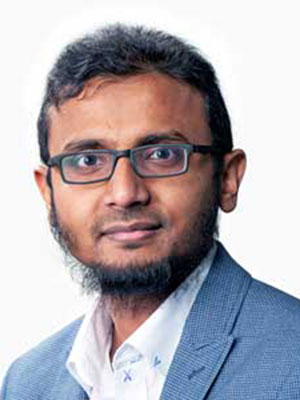
Md Golam Kibria, PhD.
ASSOCIATE PROFESSOR
Dr. Kibria is an Associate Professor in the Department of Chemical and Petroleum Engineering at the University of Calgary, Canada. He received M.Sc. and Ph.D. degrees from McMaster and McGill University, respectively. He worked as a Banting Fellow at the University of Toronto. He is interested in artificial photosynthesis, nanomaterials, heterogeneous catalysis, system design, techno-economic and life-cycle analysis for sustainable synthesis of renewable fuels and feedstocks, including electro- /photo-catalysis for CO2 conversion and water splitting for sustainable energy and environment. He has published over 45 peer-reviewed articles in refereed Journals, including Science, Nature Communications, Advanced Materials, Energy and Environmental Science, Journal of American Chemical Society, 3 book chapters, 5 patents (filed), and over 50 conference presentations in the broad area of Artificial Photosynthesis. Dr. Kibria is a recipient of the Academic Gold Medal, Tomlinson Doctoral fellowship from McGill University, Green Talents Award from the German Federal Ministry, etc.
- Employment
2023-Present
Associate Professor
Department of Chemical and Petroleum Engineering
University of Calgary, Canada
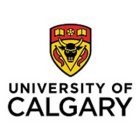
2018-2023
Assistant Professor
Department of Chemical and Petroleum Engineering
University of Calgary, Canada

2016-2018
Banting Post-doctoral Fellow
University of Toronto, Canada
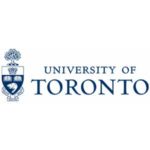
2015-2016
Visiting Scholar
McGill University, Canada
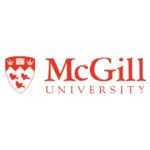
2006-2010
Lecturer
Khulna University of Engineering and Technology (KUET), Bangladesh

- Education
2011-2015
PhD. in Chemical Engineering Department
McGill University, Canada
Ph.D. Thesis Title: High Efficiency Photochemical Water Splitting on III-Nitride Nanowires

2008-2010
MASc. in Electrical and Computer Engineering
McMaster University, Canada
M.Sc. Thesis Title: Plasma Activated Bonding for Wafer Scale Nano-Integration
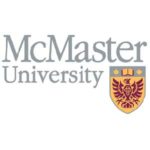
- Selected Publications
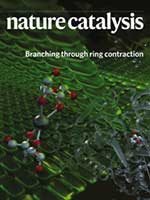
Yuhang Wang, Ziyun Wang, Cao-Thang Dinh, Jun Li, Adnan Ozden, Md Golam Kibria, et al., “Catalyst synthesis under CO2 electroreduction favours faceting and promotes renewable fuels electrosynthesis”. Nature Catalysis, 2019.
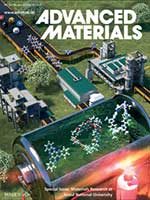
Md Golam Kibria, Cao‐Thang Dinh, Ali Seifitokaldani, Phil De Luna, Thomas Burdyny, Rafael Quintero‐Bermudez, Michael B Ross, Oleksandr S Bushuyev, F Pelayo García de Arquer, Peidong Yang, David Sinton, Edward H Sargent, A Surface Reconstruction Route to High Productivity and Selectivity in CO2Electroreduction toward C2+ Hydrocarbons, Advanced Materials, DOI: 10.1002/adma.201804867, 2018.

C. T. Dinh, T. Burdyny, M. G. Kibria, A. Seifitokaldani, C. M. Gabardo, F. P. G. de Arquer, A. Kiani, J. P. Edwards, P. De Luna, O. S. Bushuyev, C. Zou, R. Quintero-Bermudez, Y. Pang, D. Sinton, & E. H. Sargent “CO2 electroreduction to ethylene via hydroxide-mediated copper catalysis at an abrupt interface”, Science (2018)
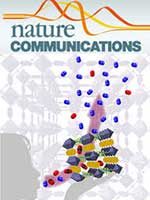
M. G. Kibria, F.A. Chowdhury, S. Zhao, B. AlOtaibi, M.L. Trudeau, H. Guo, and Z. Mi, “Visible Light Driven Efficient Overall Water Splitting Using p-type Group III-Nitride Nanowire Arrays.” Nature Communications, 6, 6797 (2015).

M. G. Kibria, S. Zhao, F. A. Chowdhury, Q. Wang, H. P. T. Nguyen, M. L. Trudeau, H. Guo, and Z. Mi, “Tuning the Surface Fermi Level on p-type GaN Nanowires for Efficient Overall Water Splitting.” Nature Communications, 5, 3825 (2014).
- Teaching